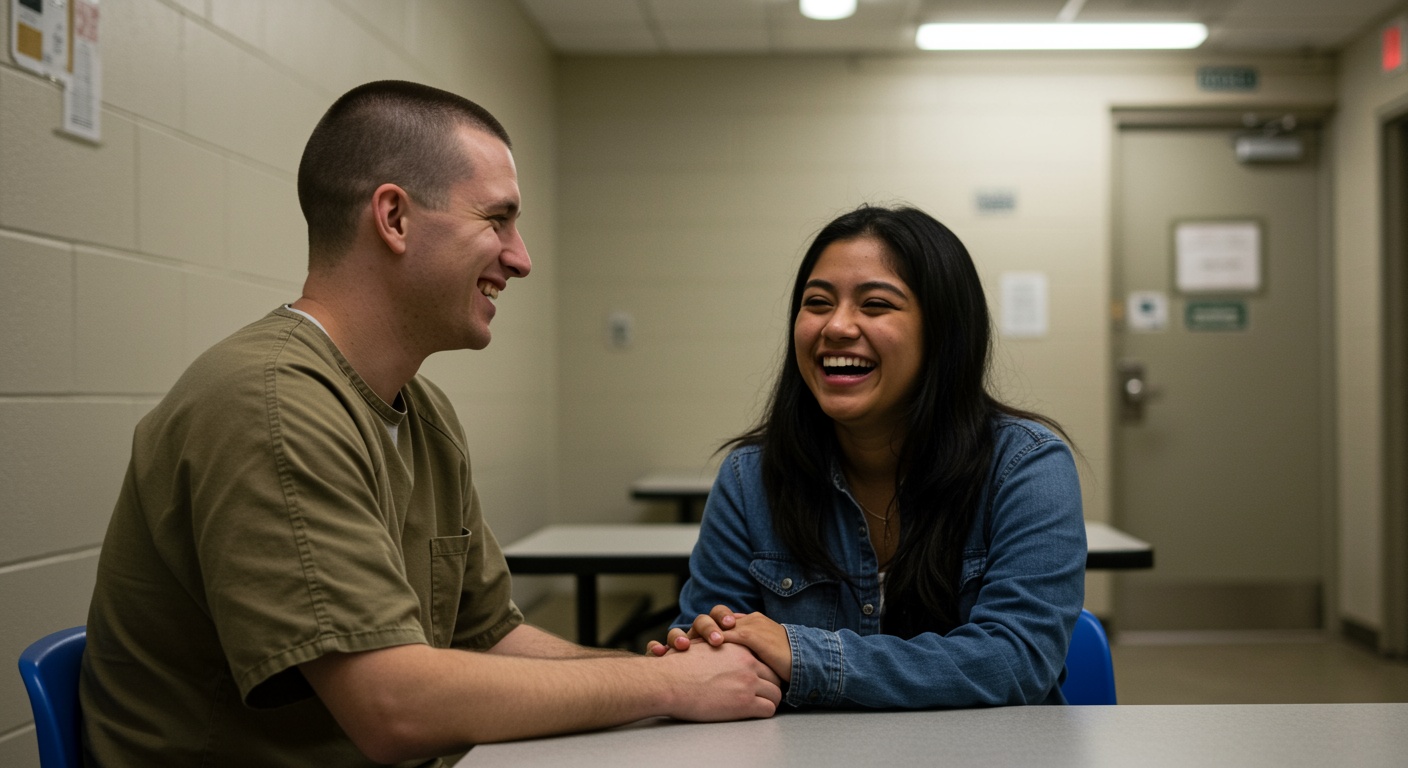Family visits with an incarcerated loved one can be emotionally charged and, at times, difficult. Though these moments are often brief and filled with restrictions, they are precious opportunities to reconnect, offer support, and remind your loved one that they are loved and valued. Here’s how to make the most of each visit, creating meaningful moments that can strengthen your bond and bring hope to both of you.
1. Prepare Mentally and Emotionally for the Visit
Before you go, take a few moments to center yourself. Visiting your loved one in prison can be emotionally intense, so entering the visit with a calm, clear mindset is important.
- Manage Expectations: Family visits may not always go smoothly, whether due to delays or restrictions. Focus on the quality of the time you do have rather than the circumstances beyond your control.
- Leave Stress at the Door: If you’re feeling stressed before your visit, try deep breathing, mindfulness, or journaling. Arriving with a peaceful mindset will allow you to be more present during the visit.
2. Use Your Time Wisely
Visits are often short, so it’s important to make the most of every minute. Here are a few ways to ensure you’re using your time effectively:
- Share Updates: Talk about what’s happening in the outside world, from family events to personal milestones. This helps your loved one feel connected to life beyond the prison walls.
- Ask Meaningful Questions: Go beyond surface-level questions. Ask about their emotional well-being, their experiences in prison, or their hopes for the future. This shows you care about their feelings.
- Express Encouragement: Remind them that their efforts, whether personal growth or staying positive, are valued. Offering encouragement can lift their spirits and help them feel hopeful.
3. Create a Comfortable and Safe Space for Connection
Though family visits are confined to specific areas, you can still create a sense of comfort and safety during this time.
- Bring Comforting Items: If allowed, bring small items like a favorite snack, a photograph, or a heartfelt letter to exchange. This can make the visit feel more personal and less like a formal meeting.
- Respect Boundaries: Be mindful of the facility’s rules on physical contact. While it may be difficult, expressing love through eye contact, kind words, or holding hands (if allowed) still communicates care.
- Stay Calm and Composed: Emotions can run high, especially if it’s been a long time since your last visit. Take deep breaths and stay calm to make the visit less stressful for both of you.
4. Focus on the Future: Dream Together
A powerful way to keep your bond strong is by dreaming about the future. This can give both of you hope and help maintain your emotional connection.
- Talk About Reunification: Discuss the day your loved one will be released, even if it feels distant. These conversations help you both look forward to reuniting and rebuilding your life together.
- Set Goals Together: Talk about the goals they’re working toward during their time incarcerated, such as education, therapy, or self-improvement. Celebrating small progress makes the separation feel more temporary.

5. Create Traditions for Your Visits
If you visit regularly, establishing a tradition can bring added meaning to each visit, creating consistency for both of you.
- Visiting Rituals: Share a favorite memory, tell a joke, or make a pact to do something together after they’re released. Traditions bring comfort and help make the visits feel like a natural extension of your relationship.
- Shared Hobbies: If you share a common hobby, such as reading or art, bring items related to that activity. Engaging in a shared hobby during the visit can deepen your bond and provide a welcome distraction from the environment.
6. Be Open About the Hard Moments
Not every visit will be easy, and that’s okay. It’s important to acknowledge difficult emotions and be open with one another.
- Be Honest: Don’t shy away from expressing how much you miss them, how hard the separation is, or how you’re struggling. Vulnerability can strengthen your emotional connection and create a space for them to share their feelings too.
- Share Coping Strategies: Discuss how you’re both managing the emotional challenges of separation. Sharing coping strategies can help both of you feel supported and understood, making it easier to navigate the tough moments together. This can also create a sense of teamwork as you work through your emotions as a unit.
Conclusion: Cherishing the Time You Have
Family visits with an incarcerated loved one can be tough, but they also offer an opportunity to strengthen your bond. With a little preparation and intentionality, you can make these visits meaningful, filled with encouragement, and full of hope. Focus on the present, dream about the future, and create lasting memories that will keep you connected until you’re reunited.

